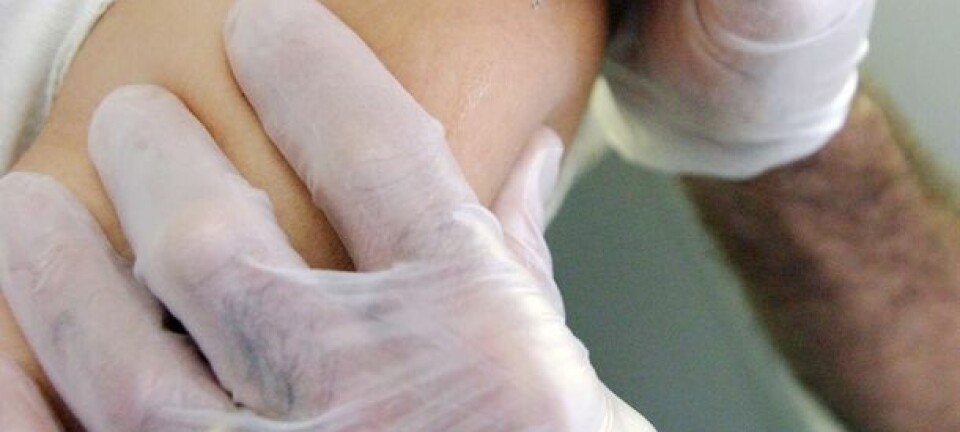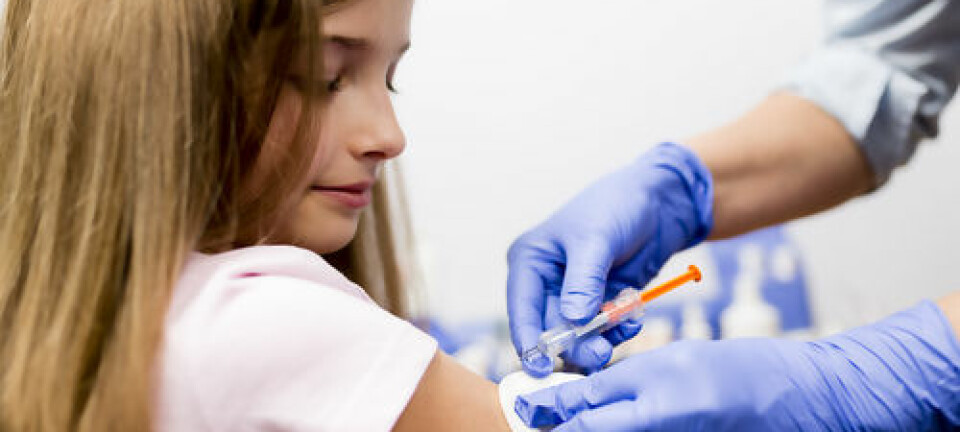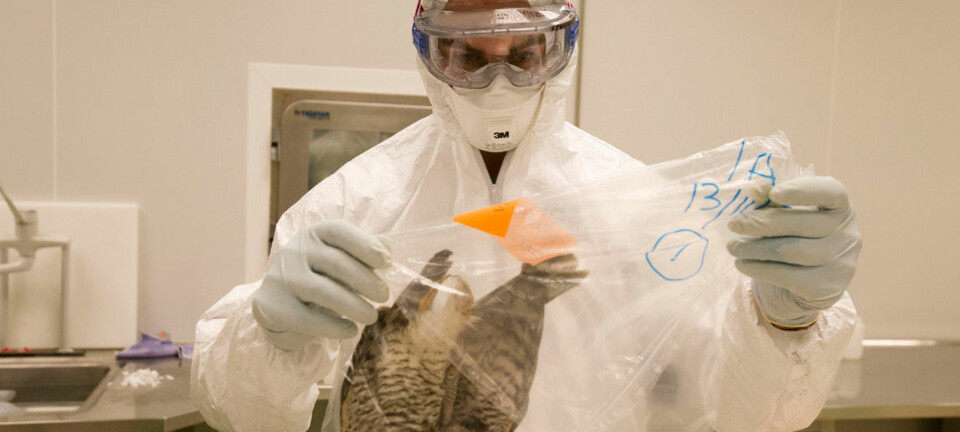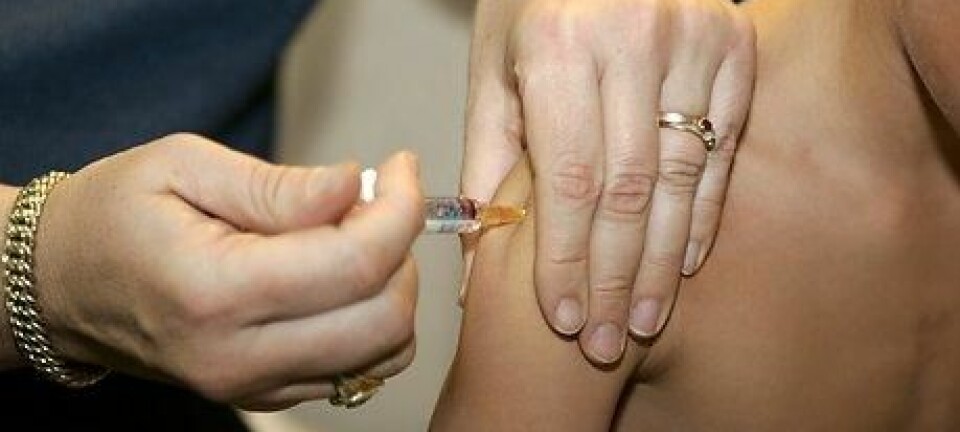
New research project to investigate aluminium in vaccines
Previous research does not indicate any problems caused by aluminium.
Aluminium is added to most vaccines. But in some circles, especially among those who oppose vaccinations, this aluminium is suspected of having harmful effects.
The patient organisation, Factcare, in Denmark, have started a campaign to raise money to study the effect of aluminium in vaccines.
The research will be carried out by the Copenhagen Trial Unit (CTU), Centre for Intervention Research, Copenhagen Denmark, who will critically review medical research on the topic.
Dr. Janus Christian Jakobsen from the CTU emphasises that they have no presumptions of any specific results.
“Our idea is not driven by a suspicion. It’s driven by the fact that this has not been properly studied,” he says.
“The observation so far is that there isn’t enough evidence to determine whether the aluminium is problematic or not,” says Jakobsen.
Read More: Old vaccines can protect against a range of other diseases
Sensible to have more research
The initiative has received backing from other scientists in the field.
“I welcome more studies,” says Allan Linneberg, professor at the Department of Clinical Medicine at the University of Copenhagen, Denmark, who has studied vaccinations for a number of years.
However, he also recommends that, “it is sensible to conduct more research, but there’s no need to be afraid [of aluminium in vaccines].”
“There’s no indication of any problems,” says Linneberg.
He says that vaccinations with added aluminium have been used for many decades on millions of people, without any cause for concern.
Most doctors, scientists, and health authorities, recommend that vaccinations contain aluminium as an adjuvant—a substance to boost the body’s immune response to an antigen.
Read More: People with children vaccinate themselves to protect their loved ones
Research up to now
The effect of aluminium in vaccines has been studied in register studies.
Patient registers are used to find people who have received a certain vaccine and compare their health outcomes with those of unvaccinated patients. This allows scientists to see whether certain diseases occur more frequently in people who have received the vaccine, which could point to possible side effects.
No link has ever been shown between aluminium in vaccines and any substantial side effects in register and epidemiological studies, says Linneberg.
He was involved in a large register study to investigate the connection between autoimmune diseases and vaccinations to prevent allergies, which contain aluminium. Allergy vaccines are normally administered repeatedly over a period of three years, representing a relatively large amount of aluminium per patient.
They did not see any connection between autoimmune disease and aluminium. Nor was there any connection to heart disease, cancer, or mortality.
Read More: Malaria vaccine halts spread of cancer
Need another type of study
But a register study might not show any side effects of aluminium, according to Jakobsen.
“The people who receive vaccinations and the people who are not receiving vaccinations, presumably have different characteristics. In order to assess the effects of aluminium with any certainty you would have to follow two groups of comparable patients and only give one of the groups aluminium. So, it is important to conduct randomised clinical trials with a control group and results of register studies are always uncertain”, says Jakobsen.
Initially, the CTU scientists will review the scientific literature on the topic to get an overview of the current evidence regarding aluminium in vaccinations.
-------------------------
Read more in the Danish version of this article on Videnskab.dk
Translated by: Catherine Jex
Scientific links
- 'Unequivocal identification of intracellular aluminium adjuvant in a monocytic THP-1 cell line'; doi:10.1038/srep06287
- 'What is the mechanism of formation of hydroxyaluminosilicates?'; doi: 10.1038/srep30913
- 'Private kræfter vil rejse penge til forskning i aluminium i vacciner' (press release)









